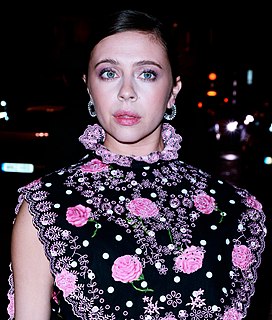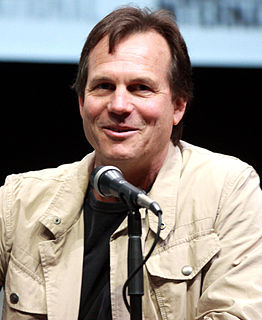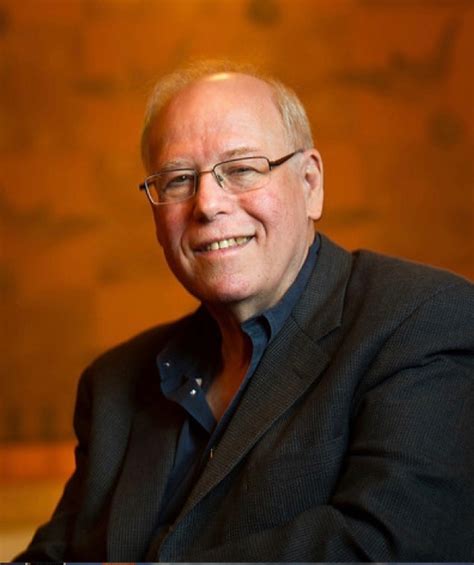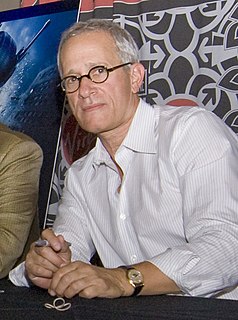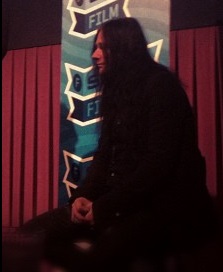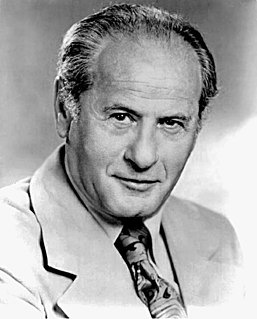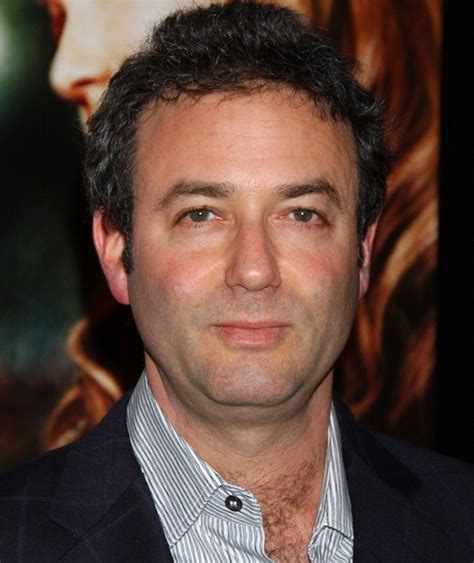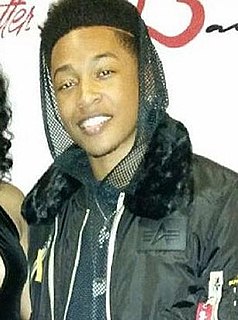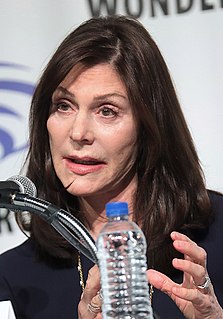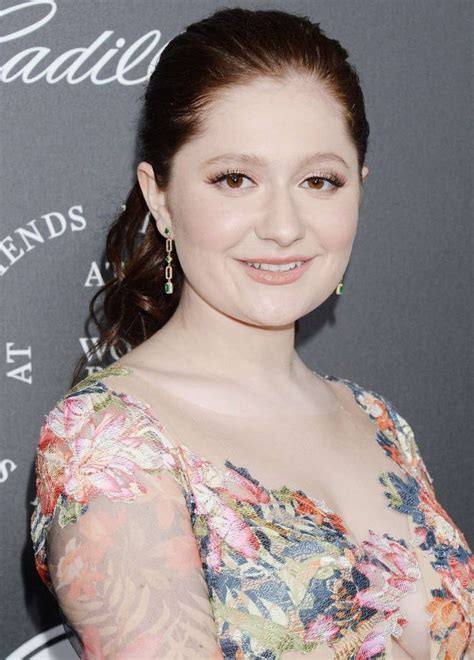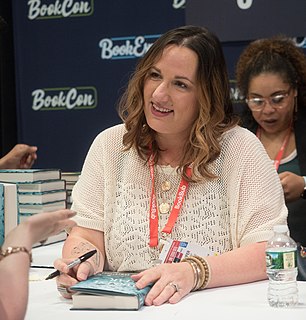A Quote by Bel Powley
'Diary of a Teenage Girl' was my first American movie. It was my first movie in an American accent. It's based on a graphic novel, which was written in 2002 by someone called Phoebe Gloeckner. It was turned into a play by Marielle Heller, who then wrote it as a screenplay for Sundance Labs.
Related Quotes
When I wrote my first film and then directed it and I looked at it for the first time on what's called an assembly, you look at this movie which is every scene you wrote, every line of dialogue you wrote and you want to kill yourself the minute you see it. It's like, 'How did I write something so horrible?'
